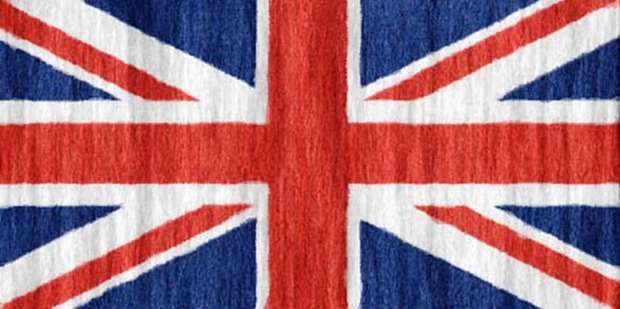The US ambassador to the UK has said he expects Donald Trump to go ahead with a working visit to the UK in the new year, despite a recent Twitter row with Theresa May.
The remarks by Woody Johnson to the BBC’s Today programme represent the first official confirmation that the president is expected to visit in early 2018, when Trump may formally open the new American embassy.
A formal state visit – which would include a meeting with the Queen – is not envisaged. The Queen is likely to be preoccupied with preparations for a Commonwealth summit next year.
Johnson told the BBC the disagreement over Trump’s sharing of videos posted by the far-right group Britain First was “probably misinterpreted”.
The ambassador was being interviewed about the US embassy’s move from its current UK headquarters in Grosvenor Square in central London to a new £800mn complex in Battersea, south of the river Thames. Johnson said the new embassy would need to be dedicated by an American president.
May said Trump had been “wrong” to share videos posted by Britain First, prompting the president to tell the prime minister to focus on her job.
Johnson, a close friend of the president, said Trump’s relationship with the UK was “very, very good”. The president had not yet set a date for the possible visit, he added.
Johnson said of Trump: “He understands the special relationship and while there may be disagreements about the way he says something or how he does something you can rest assured security and prosperity are very important.”
Asked about the Britain First tweet, he said: “The way I would look at (it) and the way he would look at it is that security is the number one oath protecting Americans here and in the US. ... If you look at it in that context that is what is he trying to do.”
Claiming Trump had not really changed in the 35 years of their relationship, he said it was not widely known that Trump “will canvass opinions from 50 people, and he will look at you, listen to you, will give you feedback on your opinion, and actually if he agrees with you, he will use your opinion. He listens to advice and to people around him, but he is going to make his own decisions.”
The UK government has found itself in a series of disagreements with Trump over climate change, the Iranian nuclear deal and the imposition of tariffs on the plane and train manufacturer Bombardier. Harold Wilson’s falling out with President Lyndon Johnson over Vietnam was probably the last time there has been as big a wedge between the two countries.
In June, Trump criticised the London mayor, Sadiq Khan, for his response to the London Bridge terror attack, misquoting Khan’s message to Londoners not to be alarmed by the increased presence of armed police.
“There may be disagreements of how (Trump) says something, or how he does something,” Johnson said. “He wants to protect Americans. He is not going to be namby-pamby about it. I mean, he is going to come out. He is probably going to take some chances and maybe he will ruffle feathers.”
The ambassador insisted the security alignment between the two countries remained intact. Speaking of May’s visit to the Oval Office in January, Johnson said: “The prime minister was his first visitor, the first official foreign leader to visit.”
There were calls for a high-level reciprocal visit to be abandoned after Trump retweeted three anti-Muslim videos last month.
After a Downing Street spokesman said he had been wrong to do so, the president hit back, telling May to focus on “destructive” terrorism in the UK.
Trump has previously told May he did not want to come on a state visit if there were large-scale protests, but the chances of such protests not going ahead during any visit are minimal. The House of Commons Speaker, John Bercow, has said the president would not be welcome to speak to both houses of parliament, an honour typically given prestigious overseas politicians.
Huge security preparations would be needed to ensure the visit is not disrupted.
UK diplomats privately acknowledge that a state visit offered by May seven days after his inauguration was premature, believing the UK government was yet to understand the extent to which the current occupant of the White House marks a break from all previous Republican presidents.

GULF TIMES
